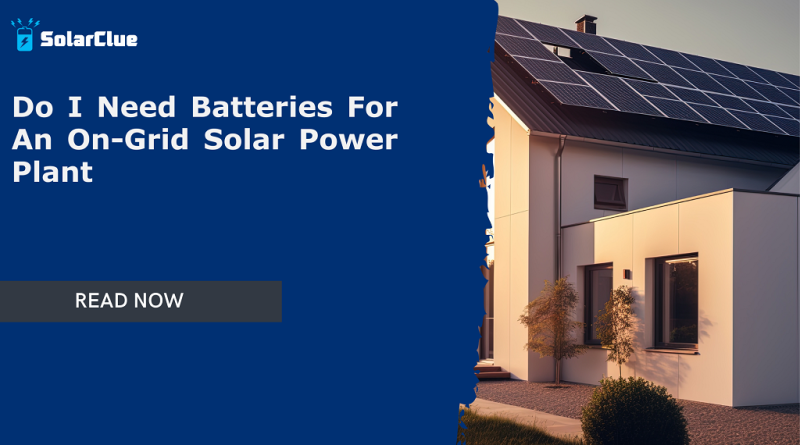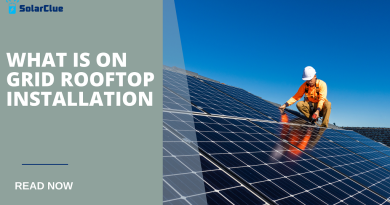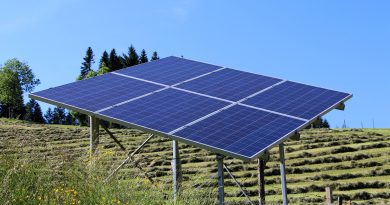Do I Need Batteries For An On Grid Solar Power Plant 3
A common question asked by homeowners contemplating the implementation of solar energy is – “Do I need batteries for an on-grid solar power plant?” The answer to this question largely depends on various factors such as connectivity to the grid, power consumption habits, and local government regulations to name a few. Understanding these elements in detail can help you make an informed decision regarding the need for battery storage systems in grid-connected solar power plants.
Table of Contents
Understanding On-Grid Solar Power Systems
An on-grid solar power system, also known as a grid-tied solar system, is interconnected with the local power grid. This system generates electricity from solar panels during the day and feeds any excess power back into the grid. This process is referred to as net metering and can effectively decrease your electricity bills to a sizable extent. The significant feature of an on-grid system is that it operates only with the availability of the grid. In other words, if the grid fails, your on-grid system will stop functioning, unless you have a battery backup in place.
Do I Need Batteries For An On Grid Solar Power Plant 3
Role of Batteries in On-Grid Solar Solutions
Batteries are essentially energy storage devices that can store excess solar power generated during the daytime for later use. In the context of an on-grid solar setup, batteries can provide a backup power supply during power outages. This backup power supply, however, may be limited depending on the battery capacity.
Having a battery storage system for your on-grid solar plant is advantageous in areas where grid instability or frequent power cuts are common. Batteries ensure that you have a continuous power supply, even when the grid fails. If you reside in an area with a robust and reliable grid, the necessity of a battery system may be less significant.
Are Batteries Always Required?
To answer a fundamental question, “Do you always need batteries for your on-grid solar power plant?” The answer is – No, not necessarily. If you live in a region with a consistent power grid, you might not need a battery backup. The surplus energy generated from your solar panels can get fed back into the grid, and you can use energy from the grid when needed. This system will ensure a seamless power supply without necessitating a battery system.
However, it’s essential to note that without a battery backup, an on-grid system will cease to function during a power cut. In case you are dependent on a continuous power supply for critical appliances – like medical apparatus, servers, refrigerators, etc. – you might want to consider a battery storage system. It swings into action during grid failure, ensuring uninterrupted power.
Government Policies and Incentives
Government regulations and policies also play a crucial role in determining the need for batteries in an on-grid system. Some countries offer lucrative feed-in tariffs or net metering arrangements, making it beneficial for homeowners to feed excess solar power back into the grid sans battery storage.
On the flip side, in the absence of such incentives, or when electricity pricing varies throughout the day, batteries may prove economical. They allow homeowners to store surplus solar energy during peak production hours and use it during peak usage hours instead of consuming grid power. Hence, it’s essential to thoroughly understand the policies in your locality before deciding on battery implementation.
Conclusion
Ultimately, the decision on whether to include a battery backup in your on-grid solar power system boils down to your specific circumstances – your power consumption habits, the reliability of your local grid, your budget and local government policies. Evaluate your unique situation, consult with a professional, and ensure that your solar power system is tailored to cater to your requirements and maximize your benefits efficiently. With or without a battery, embracing solar energy is a significant step forward in attaining a sustainable and green future.



